Furniture has a big impact on the look and feel of an interior. While its main purpose is functionality, an appealing aesthetic is also crucial. From cozy, intimate lounges to light, open-plan atriums, the furniture that hotel designers choose creates a lasting first impression.
Guests who have traveled long distances require a relaxing environment from the moment they enter the lobby to the minute they rest their heads on their pillows. In between business meetings or sightseeing excursions, they often seek exciting leisure options and beautiful dining areas. The options for creativity are limitless, but décor must be chosen with the hotel’s concept in mind.
Furniture trends are constantly evolving, in line with wider interior design tastes and preferences. More materials are available than ever before, inspiring furniture designers to produce imaginative new ideas or add modern twists to classic motifs. There are a plethora of furnishing options—from the big, eye-catching statement piece to the subtle finishing touch—all of which help define the theme and style of a venue. Below are five furniture trends that don’t appear to be going anywhere any time soon.
1Whimsical Wood
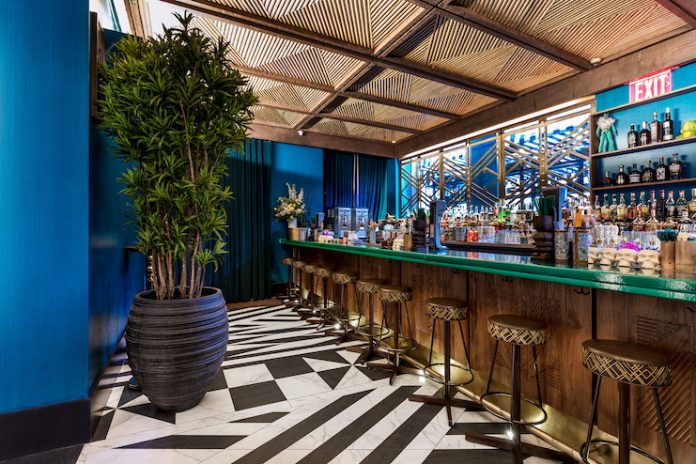
The timeless, organic look and feel of unpolished wood has become a go-to thanks to the enduring popularity of Scandinavian chic. This minimal and classic design trend began in the early 20th century as a move away from heavily ornamented furniture, instilling a breath of fresh air in modern spaces.
In contemporary spaces, Sintered Stone mimics the look of wood in a durable wall paneling or table. It can also be combined with calming pastels for an injection of color, or with contrasting textures to offer a captivating juxtaposition of the natural and industrial.
2Mixed Materials
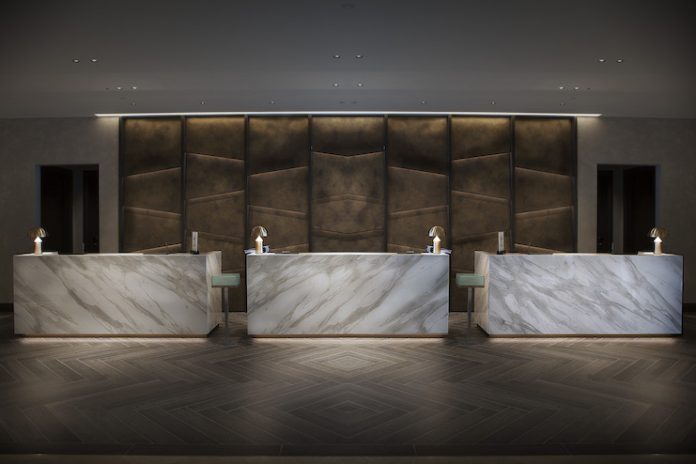
Creating contrast is nothing new in design, but as more colors, patterns, and finishes become available, the scope of options has changed. Marble-like Sintered Stone combined with metal accents and plush furniture is an elegant take on material-mixing, as can be seen in the Hilton Milan. Those with more organic preferences are choosing instead to combine this beautifully veined motif with bare wood.
3Pump Up the Volume
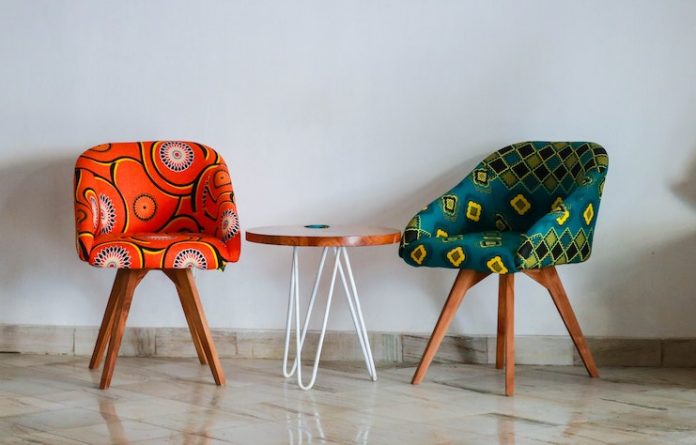
Furniture designers are becoming more adventurous as vibrant colors are increasingly being incorporated into hotels for a fresh, cool feel. Big splashes of primary tones and high-volume hues deliver punchy and distinctive interiors perfect for the ultra-modern hotel, from bold seating in the lobby or an upscale café, to small, bright touches in guestrooms to create an uplifting atmosphere.
Beyond the purely aesthetic, bright blocks of color also serve a practical purpose, helping weary travelers or international visitors easily find key areas such as the dining room or front desk.
4A Touch of Drama
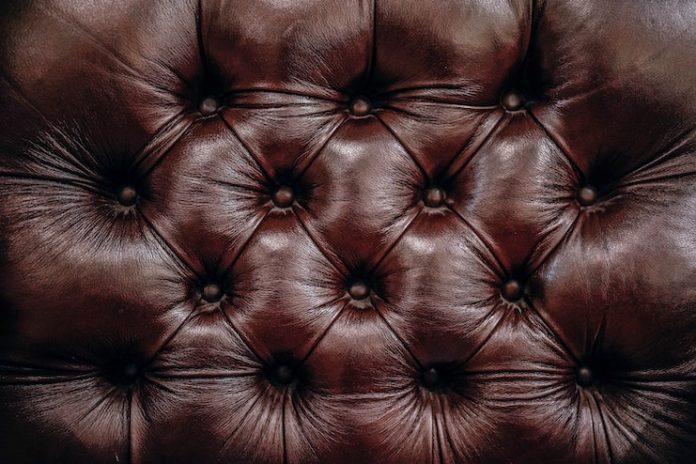
Intimate interiors full of dark hues and moody tones are witnessing a revival as designers rediscover the attraction of turn-of-the-century parlors and boudoirs. Varnished browns, lacquered blacks, vermillion reds, and deep purples are increasingly being used for furniture surfaces and upholstery, and are ideal for hotel lounges and guestrooms. When emphasized with pools of warm lighting, casting sultry shadows across a room, these shades evoke a refined environment perfect for relaxation.
5Can’t Beat Concrete
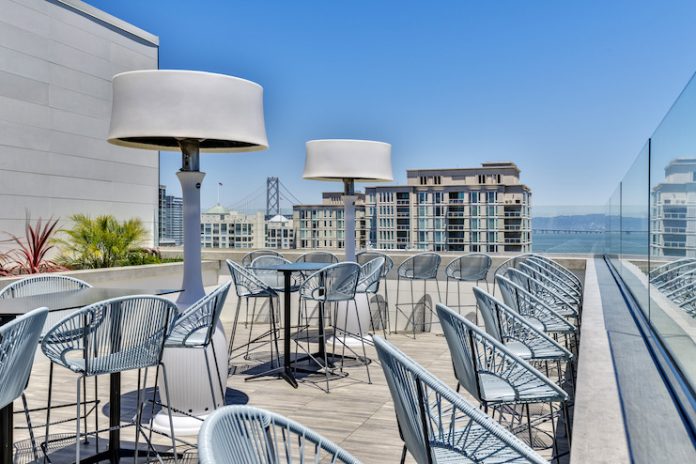
Mid-century sensibilities are firing the imagination of furniture designers. Polished concrete evokes a minimalist aesthetic and is growing in popularity for kitchen islands, countertops, and tables in restaurants.
Rapturously smooth to the touch, stone manufacturers are starting to play on the matte, single-tone effect. Combined with wood, concrete-effect surfaces deliver a fashionable atelier-chic, whether for a global chain or contemporary boutique hotel.












Minimalism is definitely becoming more and more popular. I actually like simple designs.